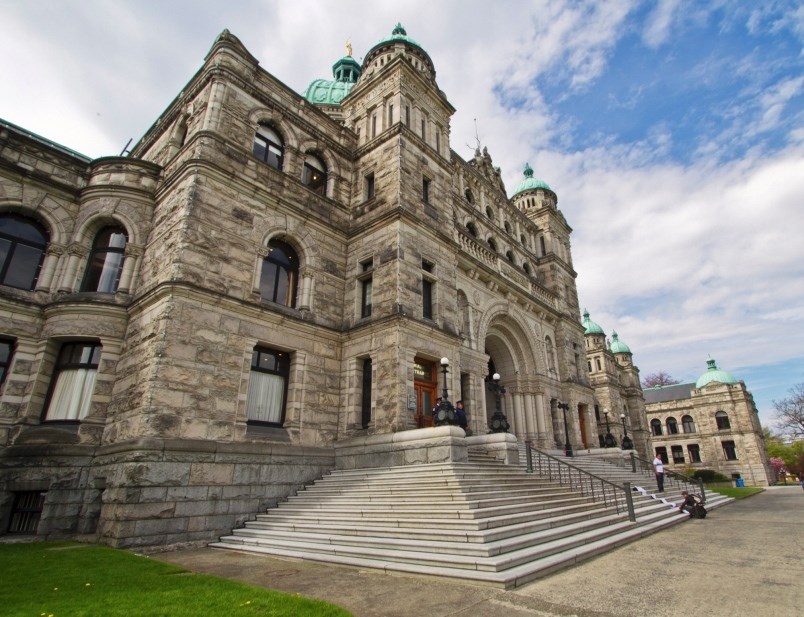The NDP/Green party alliance that governs B.C. wants to change the system of how we elect governments in this province, but they don’t want the voters to pick an alternative to the one we use currently.
Rather, they want to allow unelected so-called “experts” of the NDP government’s own choosing (presumably with input and sign-off from the Green party caucus members) to determine the actual model of proportional representation should voters reject the current first-past-the-post model.
In other words, the NDP and Greens are advocating that a sitting government be able to determine a new system of voting, likely to ensure it remains in power.
This startling and breathtaking proposal to eliminate one of the tenets of basic democracy – that voters decide the voting system – is contained in a little-noticed document dated Feb. 28 and entitled the “Joint Submission to the How We Vote Engagement Process” from the NDP and Green party caucuses.
This process was overseen by Attorney General David Eby, who claims to be neutral on the whole referendum process, but his past comments show him to be a strong supporter of moving to some kind of PR model.
This fall there will be a referendum on whether to keep the current first-past-the-post system or switch to a proportional representation model. So far, the NDP government has not said what the question will look like, but if the NDP caucus’s view is anything to go by, look out.
The NDP and Green party recommend there be a single question on this fall’s referendum ballot, one that asks voters whether they want to stick to the FPTP system or if they wish to “support moving to a system of proportional representation.”
In addition, if there is a second question, the two caucuses say it should be a question “on the values” that should be included in a new system “as opposed to a question on specific systems.”
However, there are many kinds of proportional representation models, with the single transferable vote and mixed member PR systems two of the more commonly used ones, and there are others.
Supporters of one PR model can be vehement opponents of another model. PR supporters can be obsessive and domineering in their insistence on a particular model (if you don’t believe me, just check out Twitter).
Yet, the NDP-Green caucuses do not advocate letting voters choose a specific model. Rather, they favour farming the actual details of how we elect governments to a “transparent and independent advisory board of trusted experts and diverse citizen representatives to provide recommendations.”
That is quite a mouthful, but it fits with two political parties that love expert-driven reviews of all kinds of things.
Those recommendations would be for some kind of “made-in-B.C. system of proportional representation” and they would be presented to the B.C. attorney general and be made public.
Essentially, the NDP-Green alliance is proposing to allow unelected “experts” of the NDP government’s own choosing to help set the rules for how the NDP government can be re-elected, with the NDP cabinet having the final say.
One has to wonder whether the two caucuses have someone like Vladimir Putin on speed-dial.
The caucuses’ submission is rather breathtaking in its brazen assault on fundamental democratic values. In addition, it arrogantly suggests that hand-picked “experts” know so much more than the average voter, and can be trusted to do the proper thing (as long as it leads to more New Democrats and Green candidates being elected).
This is the nanny state approach to governing gone rogue.
Whether we switch to proportional representation is one thing. Letting a government set the rules on how it is or is not elected is quite another.
The NDP government has already been accused of stacking the deck to ensure the referendum defeats the current system. It is being secretive about the process, and an online survey designed to weigh public views on voting system was heavily skewed to ensure there was ample pro-PR feedback.
Now it appears the government caucus – in collusion with the tiny Green caucus – wants to ensure the fix is in come the next election as well.
Keith Baldrey is chief political reporter for Global BC. [email protected]
What are your thoughts? Send us a letter via email by clicking here or post a comment below.



